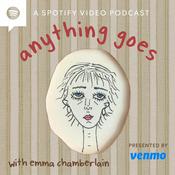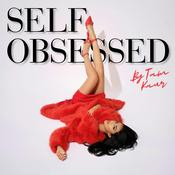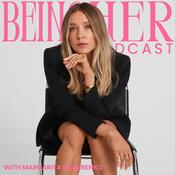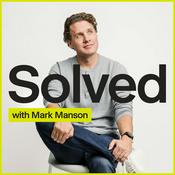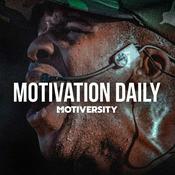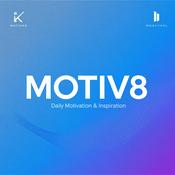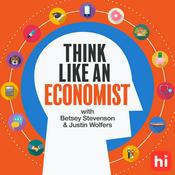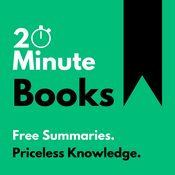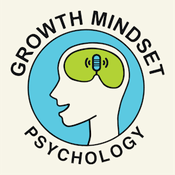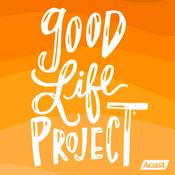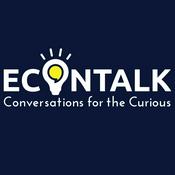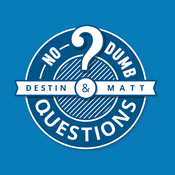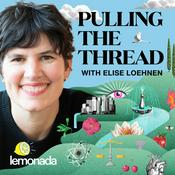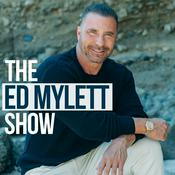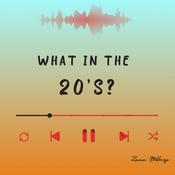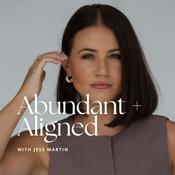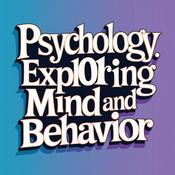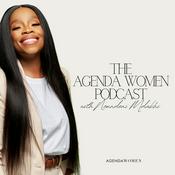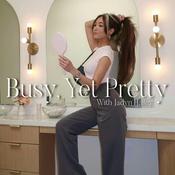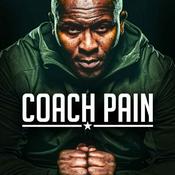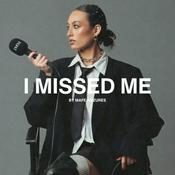90 episodes

How to Convince Your Admin to Support the Science of Reading
2026/1/05 | 8 mins.
You know the science of reading works—you’ve seen the difference in your classroom. But what happens when your administrator isn’t on board, or doesn’t fully understand why this shift matters?In this episode, we’ll walk through how to have these conversations with confidence and care. You’ll learn how to share your classroom data, connect it to the bigger picture, and offer solutions that make it easier for your admin to say yes. Most importantly, you’ll be reminded that administrators are humans too—and when you lead with clarity and collaboration, you can open doors for real change.In this episode, we'll talk about:Why many administrators hesitate about the science of reading.How to use your own student data to make a powerful case.What state and national reading scores reveal about the need for change.Low-cost, high-impact solutions you can suggest right away.The language that builds trust and keeps the conversation positive.By the end, you’ll feel ready to walk into that meeting prepared, brave, and focused on what matters most: helping every student become a confident reader.Show LinksScience of Reading Formula Admin FlyerReport Card Data by State / NationalInternational Dyslexia Association Fact SheetThe Reading League Join Malia on Instagram.Become a Science of Reading Formula member!Rate, Review, and FollowIf you loved this episode, please take a minute to rate and review my show! That helps the podcast world know that this show is worth sharing with other educators just like you.Scroll to the bottom, tap to rate with five stars, and select "Write a Review". Then let me know what you loved most about the episode!While you're there, be sure to follow the podcast. I'm adding a bunch of bonus episodes to the feed and I don't want you to miss out!

Fan Favorite- The Best Order to Teach Phonics Skills
2025/12/29 | 15 mins.
Teaching phonics can feel overwhelming, but having a clear, step-by-step sequence makes all the difference! In this episode, we’ll break down the best order to teach phonics skills, so your students build strong reading foundations with confidence. Whether you're a seasoned educator or new to the science of reading, this progression will help you support every learner at their own pace.In this episode, we’ll talk about:The first phonics skills students need to master.How to move students up the “phonics ladder” step by step.The importance of word families, digraphs, blends, and more.Practical strategies for teaching each skill effectively.Show LinksPhonics Cheat SheetPrintable Step by Step Phonics Lesson PlansJoin Malia on Instagram.Become a Science of Reading Formula member!Rate, Review, and FollowIf you loved this episode, please take a minute to rate and review my show! That helps the podcast world know that this show is worth sharing with other educators just like you.Scroll to the bottom, tap to rate with five stars, and select "Write a Review". Then let me know what you loved most about the episode!While you're there, be sure to follow the podcast. I'm adding a bunch of bonus episodes to the feed and I don't want you to miss out!

Fan Favorite- The Ultimate Reading Recipe
2025/12/22 | 24 mins.
Struggling readers aren’t a mystery—there’s a clear formula for reading success! In this episode, we’re breaking down the Simple View of Reading—a powerful, research-backed framework that explains how decoding and comprehension work together to build strong readers. You’ll learn why some students struggle, how to pinpoint the root cause, and actionable strategies to support them. Whether your students need help with phonics, language comprehension, or both, this episode will give you the tools to make a real impact.In this episode, we’ll answer:What is the Simple View of Reading?Why do some students struggle with comprehension while others get stuck decoding?How can you target instruction based on students' specific needs?Show LinksFREE Phonological Awareness Daily Warm UpsFREE Sound MapJoin Malia on Instagram.Become a Science of Reading Formula member!Rate, Review, and FollowIf you loved this episode, please take a minute to rate and review my show! That helps the podcast world know that this show is worth sharing with other educators just like you.Scroll to the bottom, tap to rate with five stars, and select "Write a Review". Then let me know what you loved most about the episode!While you're there, be sure to follow the podcast. I'm adding a bunch of bonus episodes to the feed and I don't want you to miss out!

Fan Favorite- Decoding Dyslexia: Tips, Tricks, and Strategies That Work
2025/12/15 | 16 mins.
Supporting students with dyslexia doesn’t have to feel overwhelming! In this episode, we’re sharing science-backed dyslexia support strategies to help struggling readers build confidence and fluency. Learn how to use multisensory instruction, structured phonics, and effective accommodations to create a dyslexia-friendly learning environment.*Note: Since this episode first aired, The International Dyslexia Association released a new and updated version of their definition of dyslexia. You can find that definition here.In this episode, we’ll talk about:What dyslexia really is (and what it isn’t).Why phonemic awareness and phonics are essential for dyslexic learners.How to use multisensory techniques to improve reading skills.Accommodations that help dyslexic students succeed in the classroom.Show LinksDyslexia TrainingInternational Dyslexia Association's List of Accommodations & ModificationsJoin Malia on Instagram.Become a Science of Reading Formula member!Rate, Review, and FollowIf you loved this episode, please take a minute to rate and review my show! That helps the podcast world know that this show is worth sharing with other educators just like you.Scroll to the bottom, tap to rate with five stars, and select "Write a Review". Then let me know what you loved most about the episode!While you're there, be sure to follow the podcast. I'm adding a bunch of bonus episodes to the feed and I don't want you to miss out!

Fan Favorite- Stop Drilling Sight Word Flashcards! (Do This Instead)
2025/12/08 | 9 mins.
Are your students still struggling with sight words even after hours of drilling flashcards? You're not alone—and there’s a better way. In this episode, we're diving into research-backed strategies that actually help K-2 students retain high-frequency words without relying on visual memory.In this episode, we’ll talk about:Why traditional sight word flashcard drills don’t work.The 3-step shift to help students memorize words on autopilot.How to align sight words with phonics instruction for better results.A simple tool (sound maps!) that builds fluency and retention.Why sorting by phonics rules is a game changer.Show LinksSight Word Lists by Phonics Skill on TPT / Free inside the FormulaPhonics Curriculum- Printable LessonsFree Sound MapJoin Malia on Instagram.Become a Science of Reading Formula member!Rate, Review, and FollowIf you loved this episode, please take a minute to rate and review my show! That helps the podcast world know that this show is worth sharing with other educators just like you.Scroll to the bottom, tap to rate with five stars, and select "Write a Review". Then let me know what you loved most about the episode!While you're there, be sure to follow the podcast. I'm adding a bunch of bonus episodes to the feed and I don't want you to miss out!
More Education podcasts
Trending Education podcasts
About The Science of Reading Formula
Listen to The Science of Reading Formula, anything goes with emma chamberlain and many other podcasts from around the world with the radio.net app
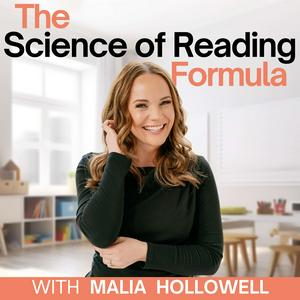
Get the free radio.net app
- Stations and podcasts to bookmark
- Stream via Wi-Fi or Bluetooth
- Supports Carplay & Android Auto
- Many other app features
Get the free radio.net app
- Stations and podcasts to bookmark
- Stream via Wi-Fi or Bluetooth
- Supports Carplay & Android Auto
- Many other app features


The Science of Reading Formula
download the app,
start listening.
